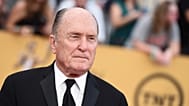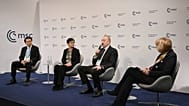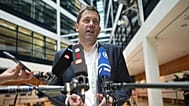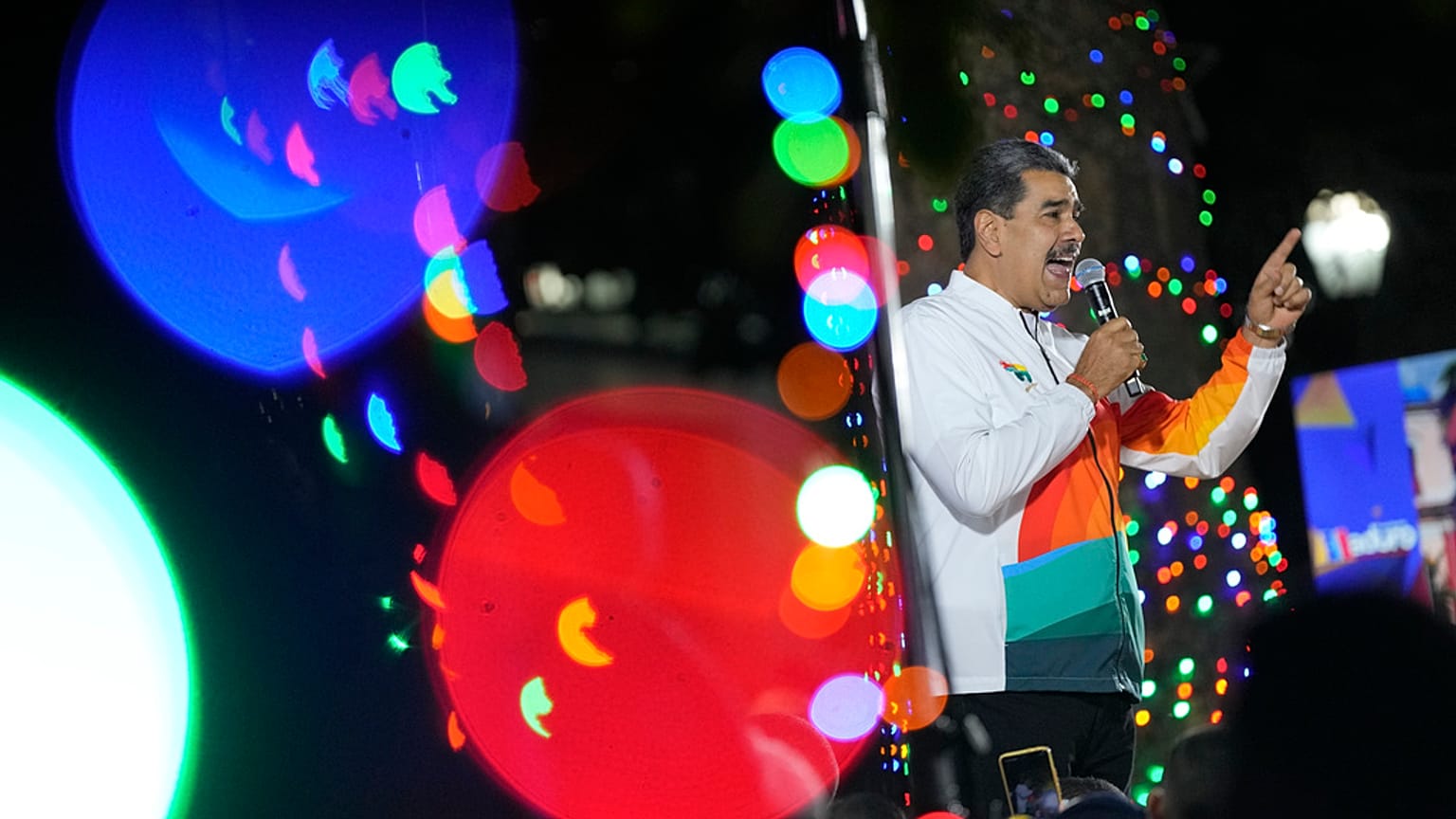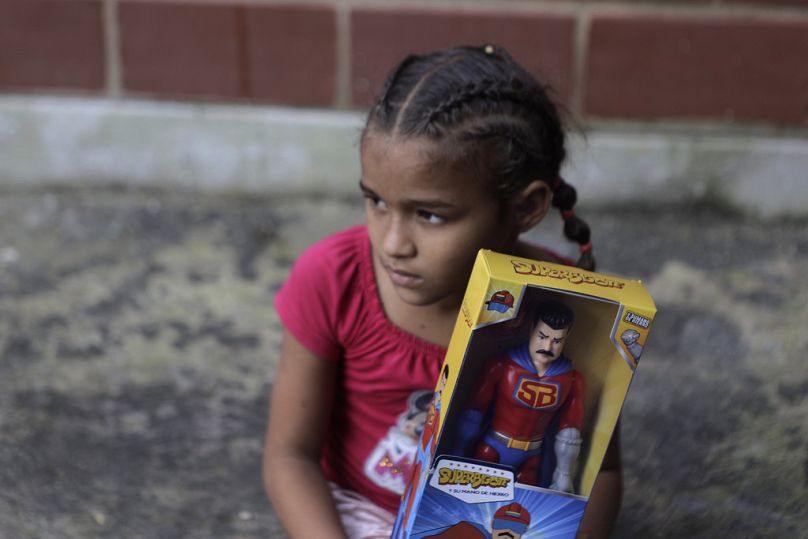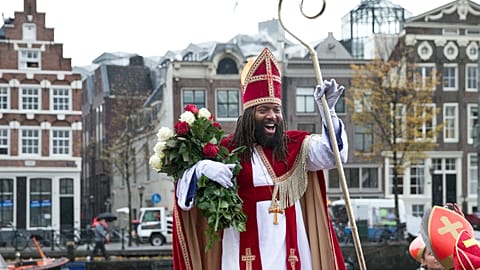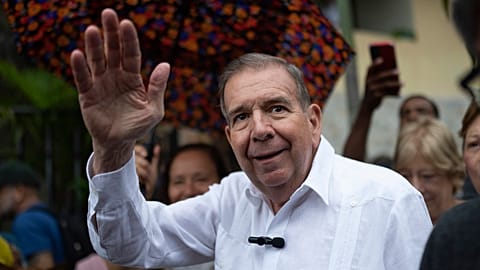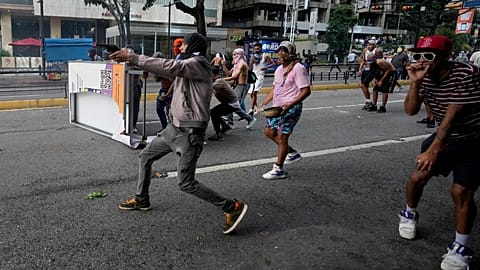Venezuela's president has decreed an early start to the Christmas season. However, amid a deep political crisis, not everyone in the country is in the mood for caroling.
“This year, as a way of paying tribute to you all, and in gratitude to you all, I’m going to decree an early Christmas for 1 October ,” Venezuela's President Nicolás Maduro said Monday night on Con Maduro+, his weekly TV show.
 ADVERTISEMENT
ADVERTISEMENT
 ADVERTISEMENT
ADVERTISEMENT
This is not the first time Maduro, who has been in power since 2013, has moved forward the holiday season. According to the Latin American press, it has become a tradition since he succeeded the previous president, Hugo Chávez.
But this year, it is earlier than ever...
In 2020, amid the COVID-19 pandemic, Maduro decreed the start of Christmas on 15 October. In 2021, he announced it on 5 October with a video on social media showing the decoration of the Miraflores Palace, the seat of government.
What does an early Christmas really mean?
Despite the enthusiasm of the president in announcing his decision, the decree is unlikely to have a great impact on daily life.
As various media outlets, citing the news agency EFE, have explained, the main effect will be the placement of Christmas decorations in public spaces.
Besides, the Venezuelan population does not seem to be in the mood for singing Christmas carols. “We are all worried about how we are going to put food on the table, how we are going to pay for the bus, send the children to school and buy medicine when we need it,” Inés Quevedo, a 39-year-old secretary and mother of two children, told news agency AP.
“I don’t think they will improve our salaries or pay us the ‘aguinaldo’,” she added, referring to the Christmas bonuses that workers usually receive at the end of the year.
The country has been embroiled in a deep political crisis since the last presidential elections of 28 July, with both Maduro and the opposition candidate, Edmundo González, claiming victory.
Despite requests from the international community, the Venezuelan ruling party has yet to release the electoral records proving its victory.
The EU does not recognise either candidate. "He [Nicolás Maduro] will remain president de facto, but we deny democratic legitimacy based on results that cannot be verified," the EU's top diplomat, Josep Borrell, said after an informal ministerial meeting in Brussels, last week.
Just hours before Maduro’s holiday announcement, a Venezuelan judge issued an arrest warrant for Edmundo González, accusing him of various crimes including conspiracy, falsifying documents and usurpation of powers.
“We’ll see what this Christmas is all about,” Inés Quevedo said.

